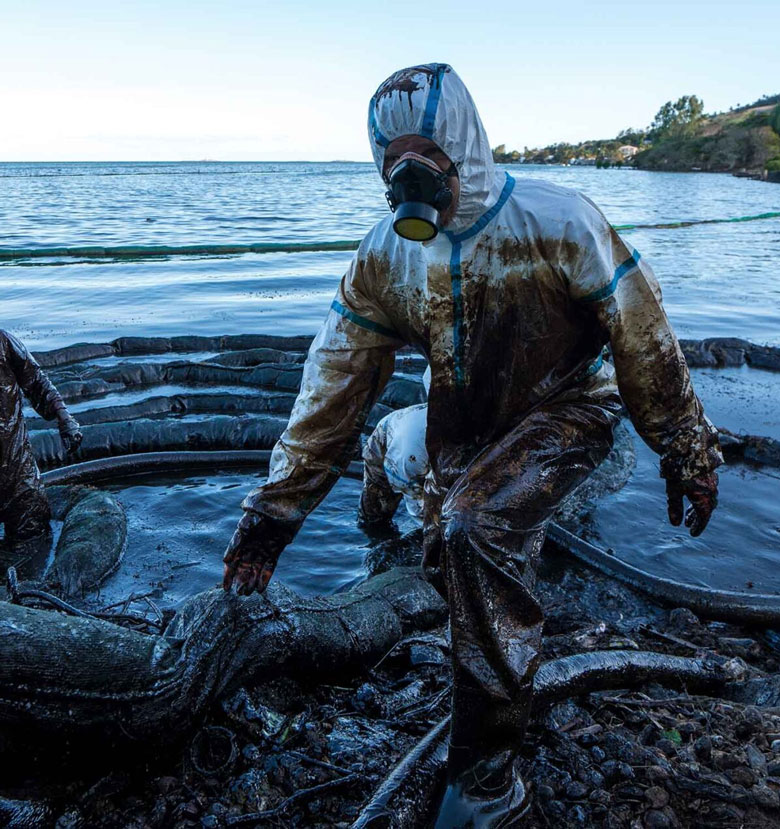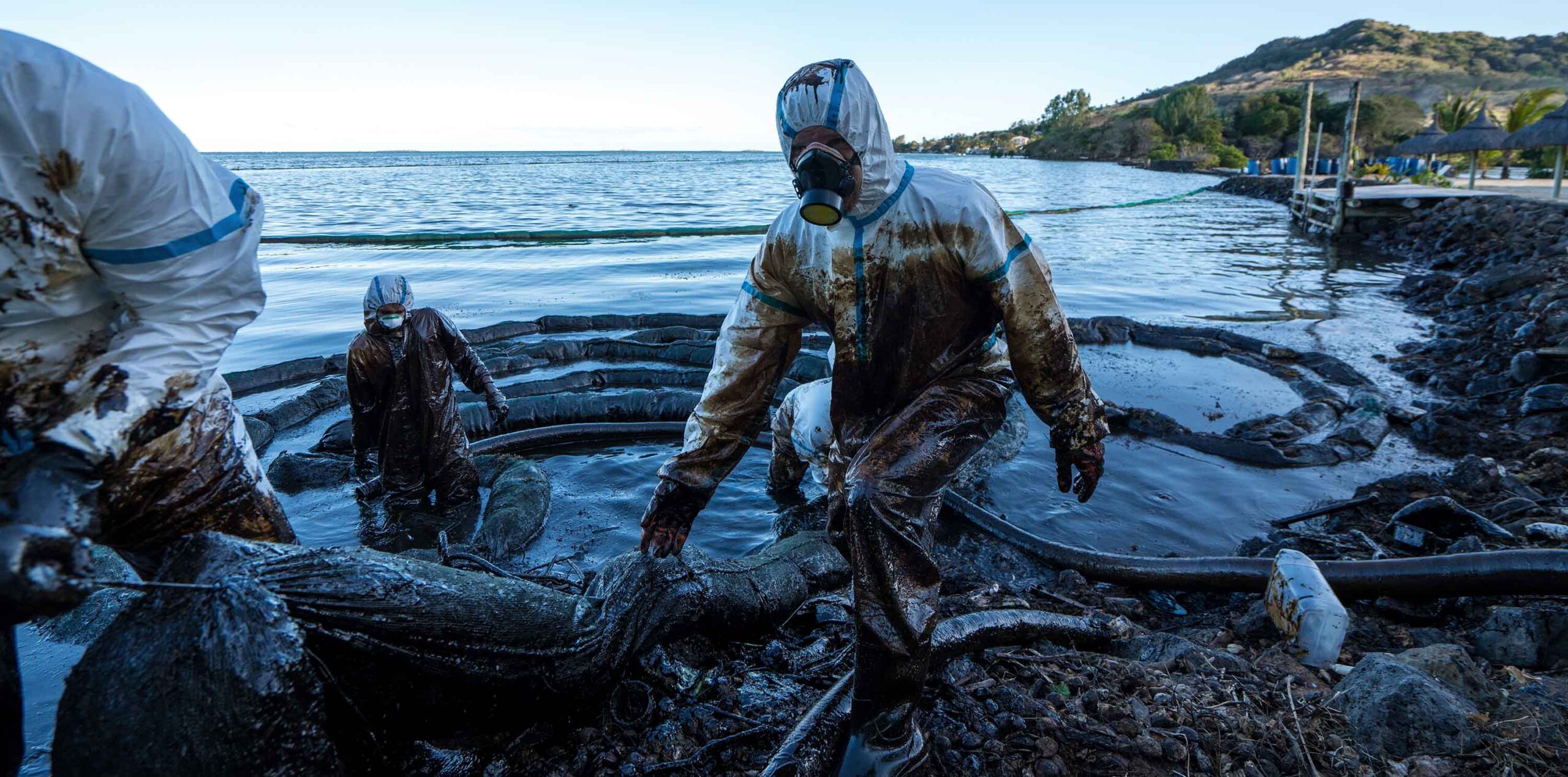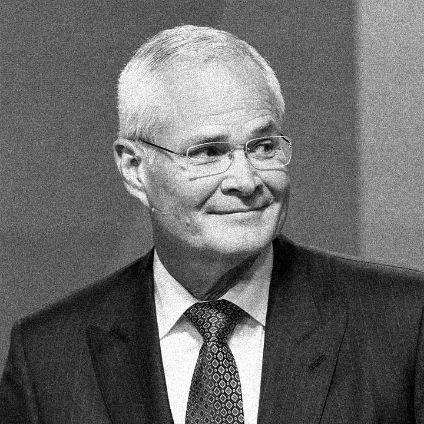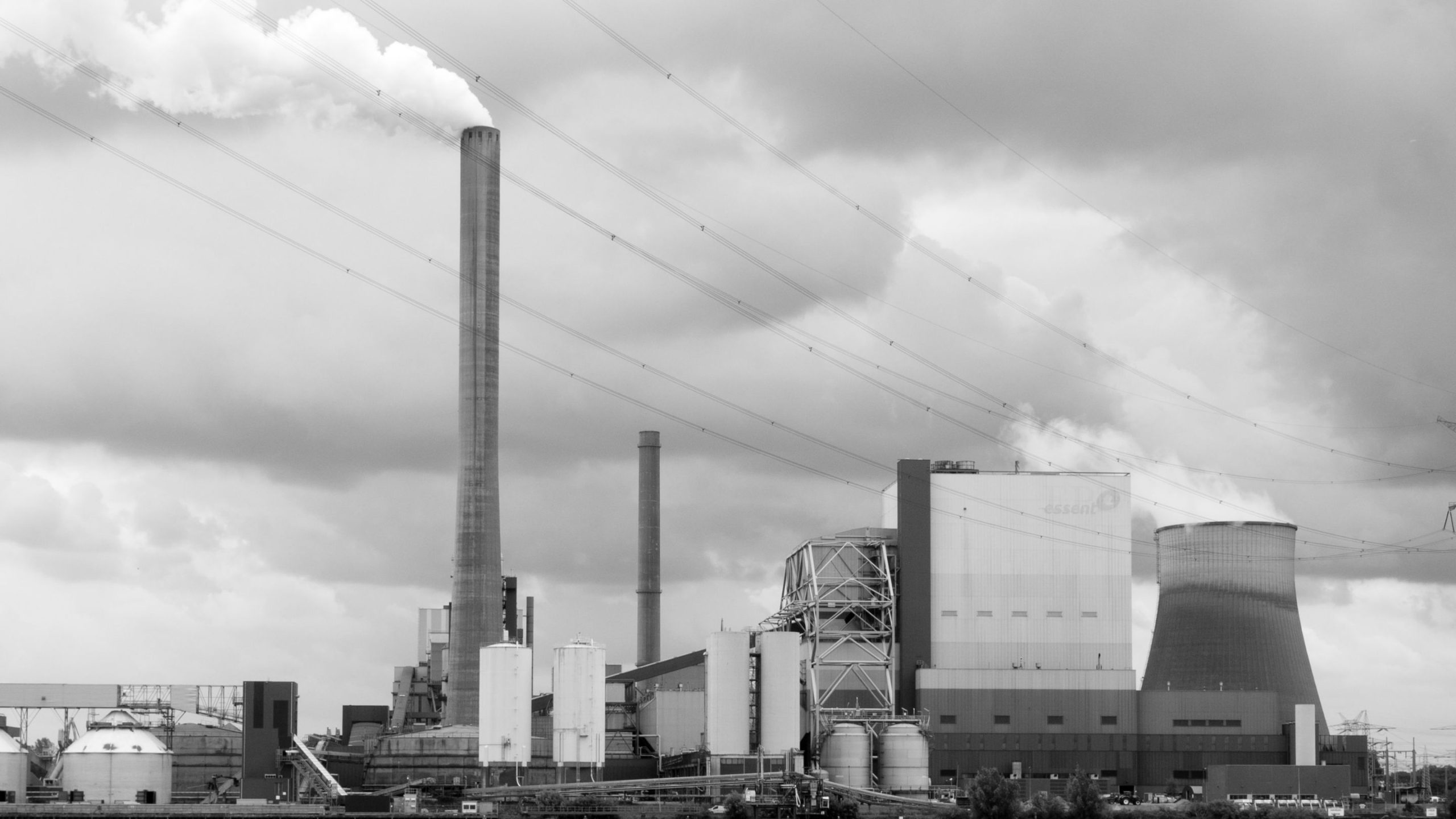History-making profits. World-ending emissions.
Companies causing the climate crisis must pay for the loss and damage they’ve created. In 2022 profits for the five oil majors soared to nearly
$200billion1
Download the data for the latest financial quarter.
Download Data
In the same year, global CO2 emissions from fossil fuels hit a record high. Instead of investing profits in the transition to clean energy, oil majors continue their destructive investment in fossil fuels.
It’s estimated, due to climate damages caused by oil majors’ emissions, annual loss and damage by 2030 will cost

The creation of a global climate damages fund is the fairest way to make polluters pay.
Profit per minute
Download Data
In 2022 the global oil and gas industry earned record income of more than $4 trillion, while they invested just 4% of capital expenditure on clean energy.
Meanwhile, climate-related disasters are devastating the world’s poorest communities. Last year’s devastating floods in Pakistan are estimated to have cost the country $40 billion.


Global CO2 emissions from fossil fuels hit a record high in 2022. If emissions stay at these levels, the remaining global carbon budget keeping warming below 1.5OC will be gone in nine years.4
Annual emissions of Big 5 oil majors compared to countries5, 6
Download Data
Figures shown in million tonnes CO2e in 2022


In 2022 oil major CEOs received historic annual bonuses – some jumping as much as 50% year on year. Over the last decade, the CEOs of Chevron & Exxon have been paid half a billion dollars.7
Download Data

Darren Woods
CEO, ExxonMobil
Annual salary and bonuses
$35909231
2022
$35,909,231
2021
$23,572,488
2020
$15,639,061

Mike Wirth
CEO, Chevron
Annual salary and bonuses
$23573925
2022
$23,573,925
2021
$22,610,285
2020
$29,017,031

Bernard Looney
Former CEO, BP
Annual salary and bonuses
$12431970
2022
$12,431,970
2021
$5,972,380
2020
$2,564,950

Ben van Buerden
Former CEO, Shell
Annual salary and bonuses
$11995000
2022
$11,995,000
2021
$8,728,000
2020
$6,671,000

Patrick Pouyanné
CEO, Total Energies
Annual salary and bonuses
$7990876
2022
$7,990,876
2021
$6,716,866
2020
$4,741,098
The numbers don’t lie.
Sources
Adjusted earnings (Source: company reporting)
Based on UN IHLEG estimated annual costs of climate change by 2030.
Net income is calculated from oil and gas production at prevailing oil and gas prices (including subsidies) after operating costs but before taxes; “private companies” here includes listed and non-listed companies. (Source: IEA)
Distribution of cash spending by the oil and gas industry, 2008-2022 (Source: IEA)
Company emissions: Scopes 1 & 2 – operational control, Scope 3 – category 11, upstream production only, 2021 (Source: company reporting)
2022 Domestic GHG emissions only (Source: EDGAR Community GHG Database)
Total compensation = salary + annual bonus + long term incentives (Source: company reporting)





